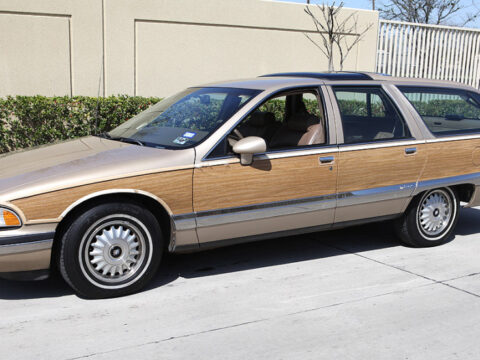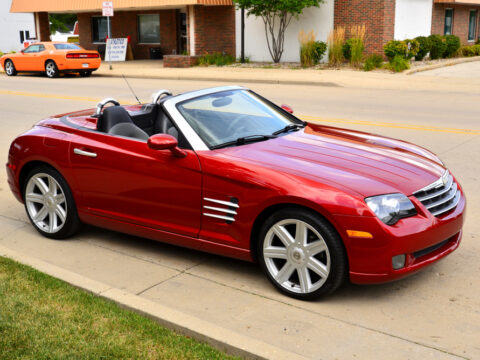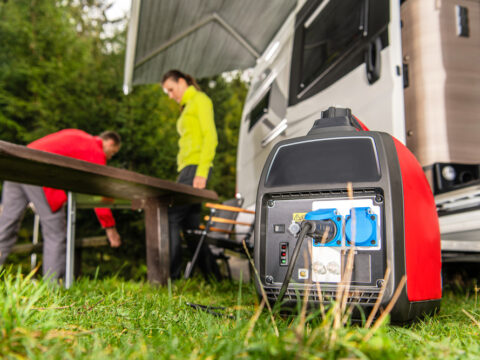Towing your boat to your favorite summer getaway can be a breeze if you’re well-prepared. Whether you’re a seasoned boater or new to the experience, ensuring you tow safely is key to enjoying your time on the water without any unexpected hitches. Here are 15 must-know tips to help you tow your boat with confidence this summer.
Contents
Check Your Trailer
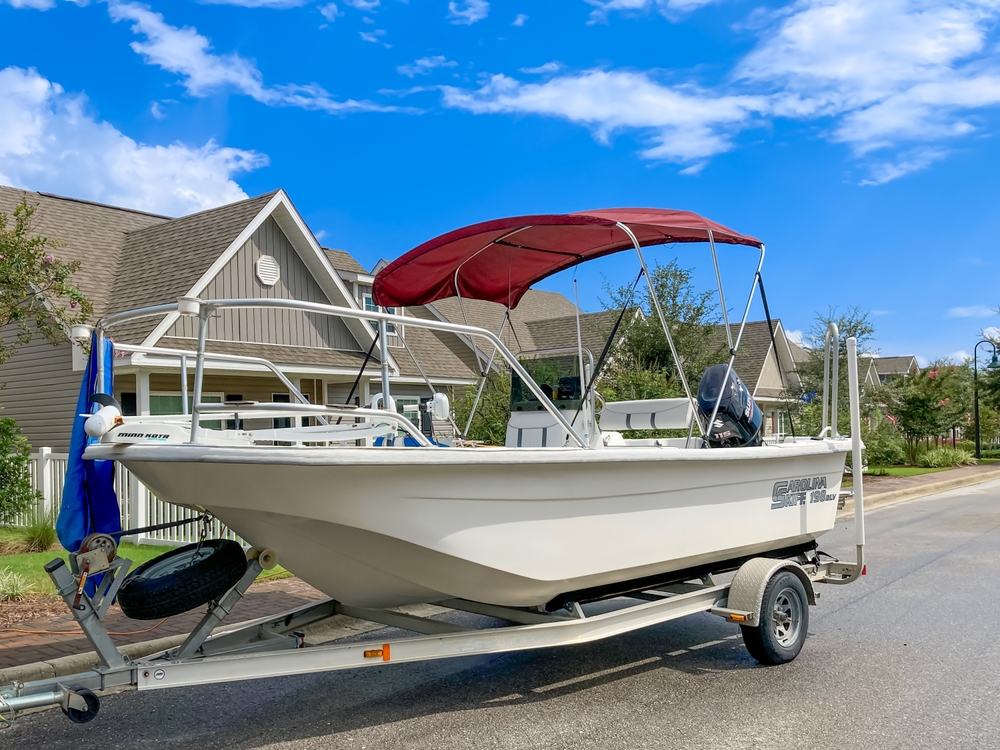
Before embarking on your journey, thoroughly inspect your trailer for any signs of wear, damage, or rust. A compromised trailer can lead to catastrophic failures while on the road, putting both your boat and your safety at risk. Ensure all parts, such as the frame, axles, and suspension, are in good condition to handle the load.
Match the Towing Capacity
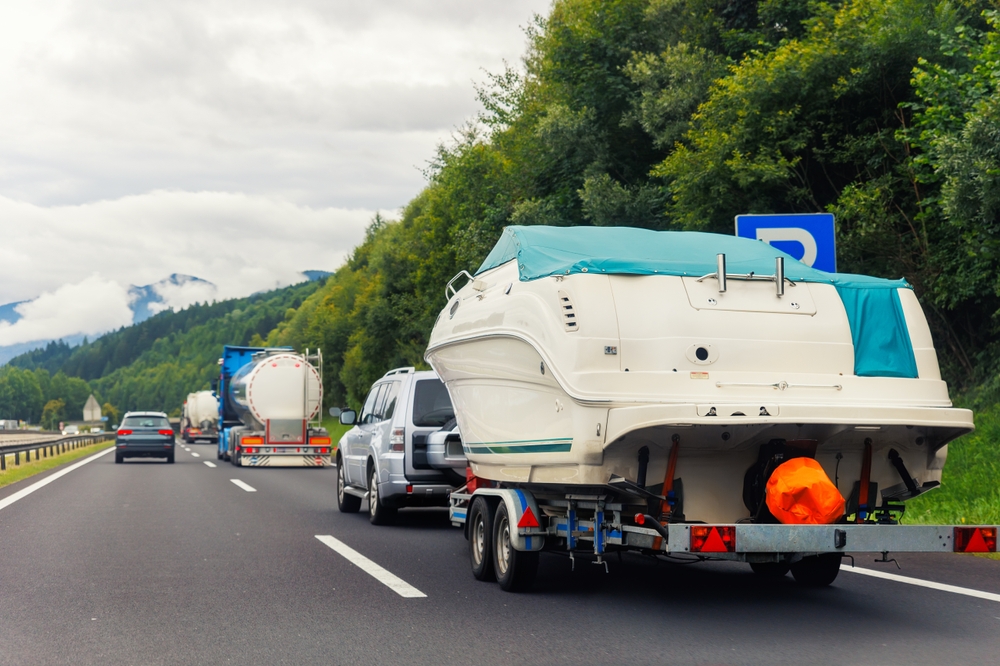
Always ensure your towing vehicle can handle the combined weight of your boat and trailer. Exceeding the vehicle’s towing capacity can lead to mechanical failures, such as overheated engines or transmission issues, and can make it difficult to control your vehicle while towing.
Balance the Load
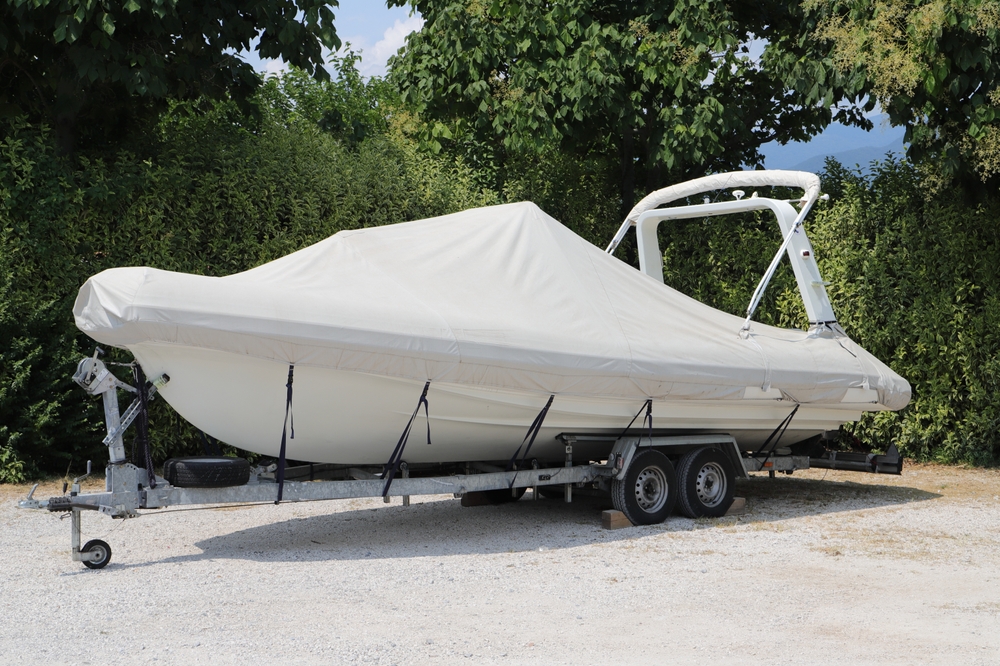
Properly distributing the weight of your boat on the trailer is crucial to prevent swaying, which can cause loss of control. Ensure that about 60% of the weight is toward the front of the trailer and 40% toward the rear. This balance helps maintain stability during your journey.
Secure the Boat
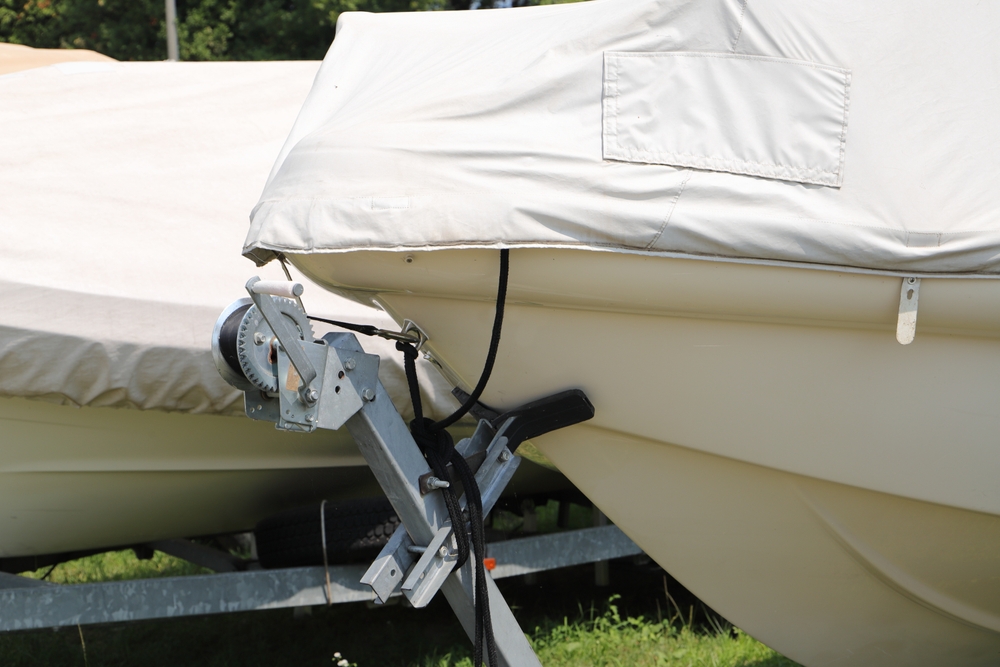
Use high-quality, durable straps and tie-downs to secure your boat to the trailer. This prevents the boat from shifting or coming loose during transit, which can lead to accidents or damage to both the boat and other vehicles on the road.
Check the Hitch
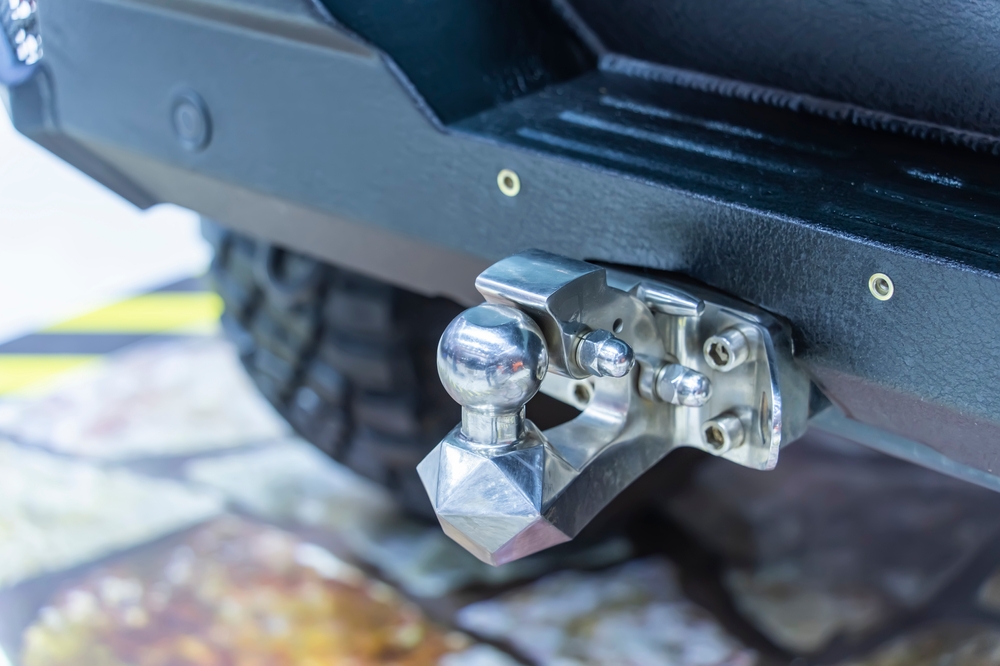
The hitch is the connection point between your vehicle and the trailer, so it’s vital to ensure it’s properly secured and locked before towing. A loose or improperly attached hitch can result in the trailer detaching from your vehicle while driving, creating a hazardous situation.
Inspect Tires
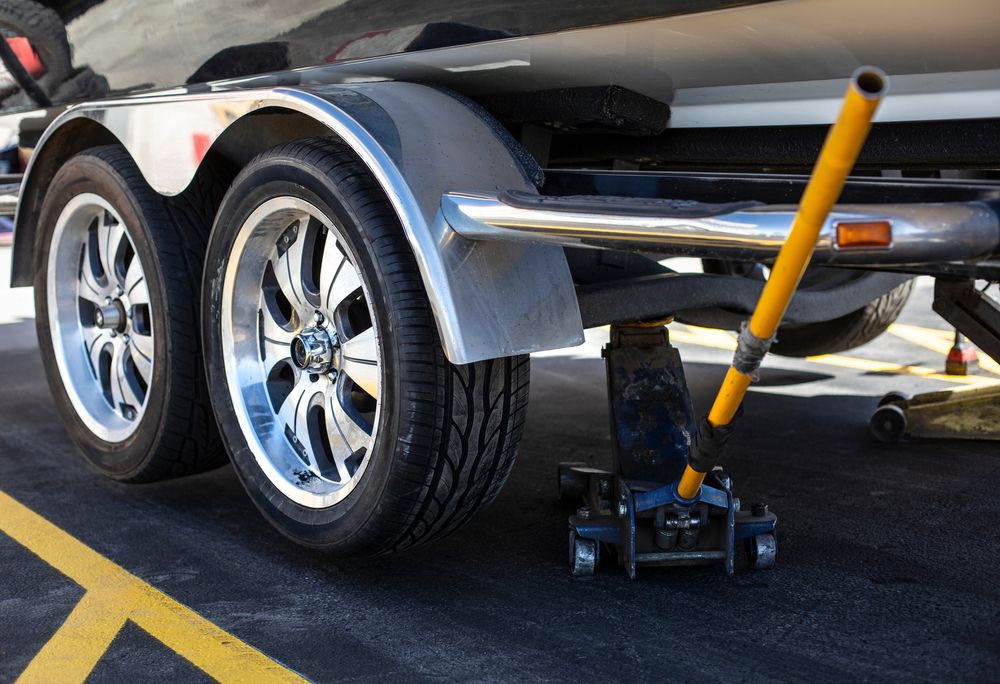
Tires on both your towing vehicle and trailer should be in good condition with proper inflation. Underinflated or worn-out tires can cause blowouts, leading to loss of control. Regularly checking tire pressure and tread depth will help you avoid such dangerous situations.
Use Trailer Lights
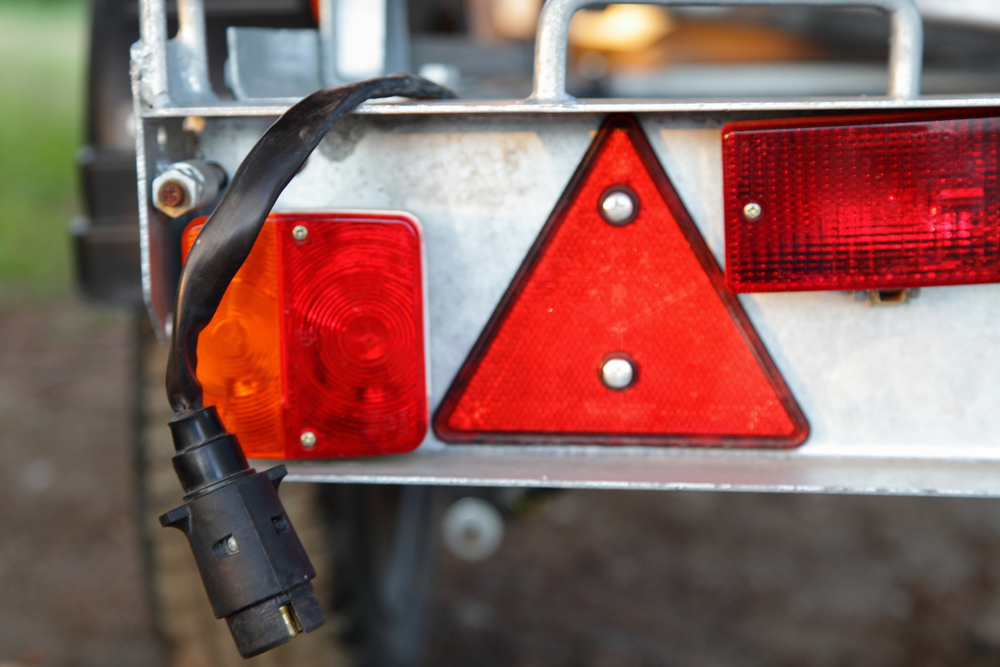
Trailer lights, including brake lights, turn signals, and running lights, are essential for communicating with other drivers on the road. Ensure they are all functioning correctly to avoid accidents, especially during night driving or in poor visibility conditions.
Test the Brakes
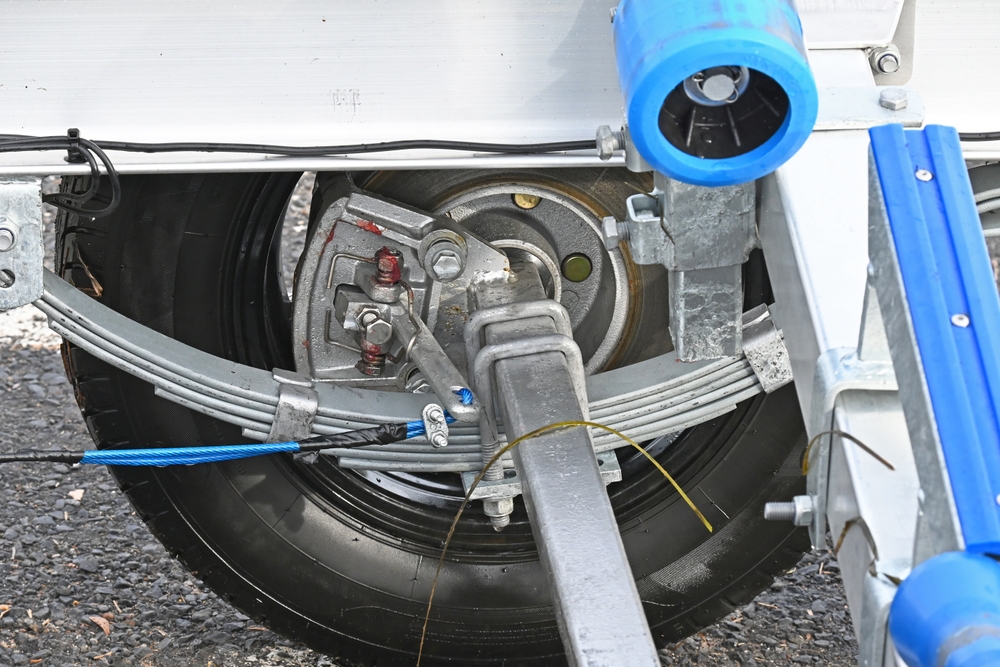
The braking system on your trailer must be in good working order to safely stop the combined weight of your vehicle and boat. Test the brakes before each trip to ensure they engage properly and can stop the trailer effectively, reducing the risk of collisions.
Pack a Safety Kit
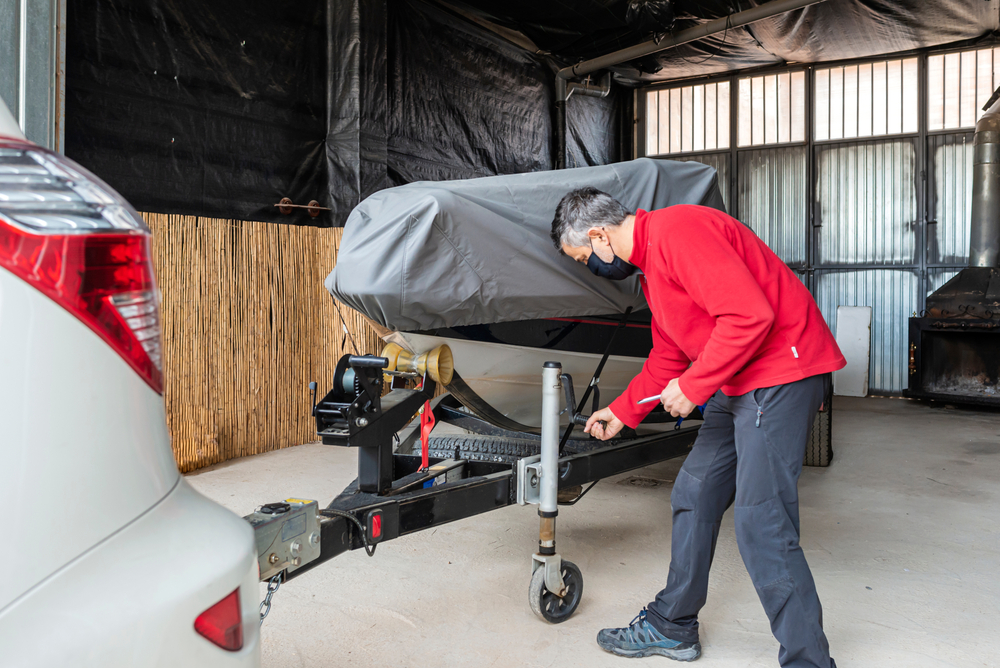
A well-stocked safety kit should include tools, a spare tire, a jack, and emergency items like flares or a reflective triangle. This kit prepares you for unexpected breakdowns or issues on the road, allowing you to address minor problems without delay.
Practice Towing
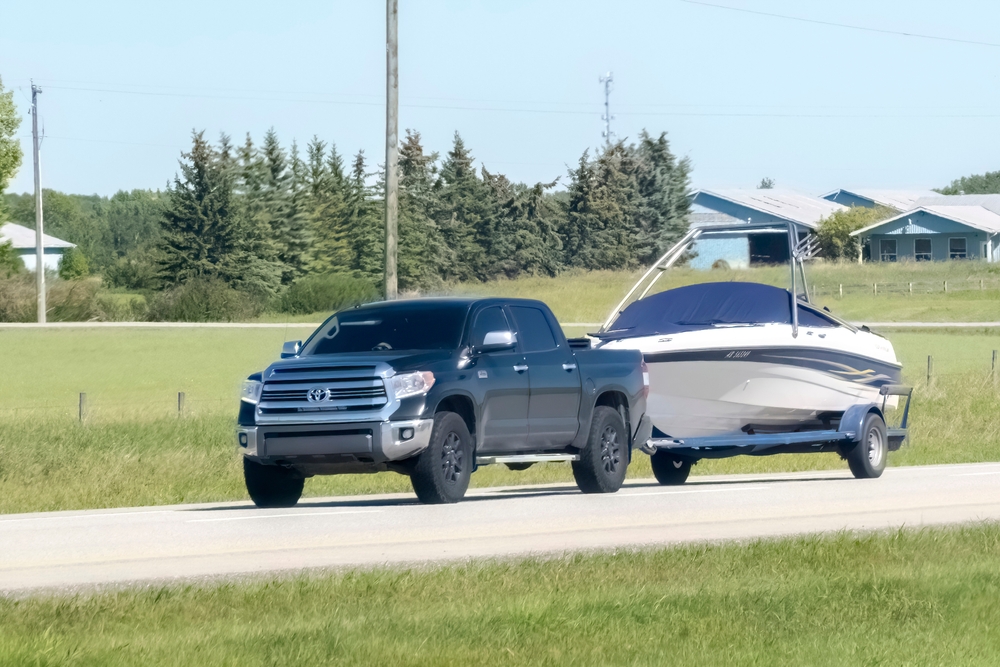
If you’re not experienced in towing, practicing in a safe, open area like an empty parking lot can help you become comfortable with the trailer’s behavior. Familiarize yourself with turning, reversing, and stopping to build confidence before hitting the road.
Drive Slowly
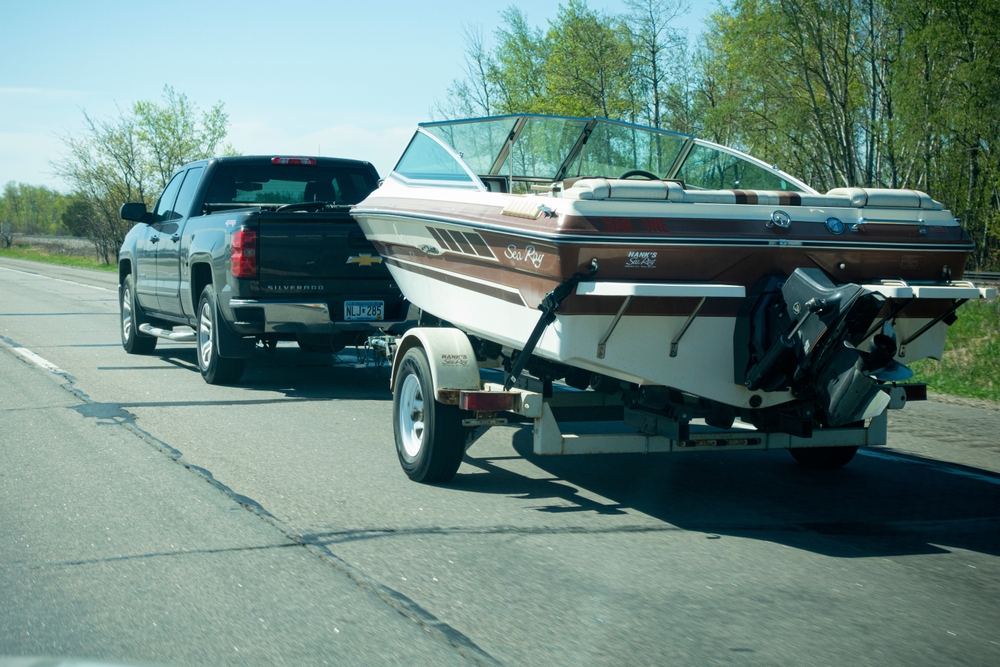
When towing, reduce your speed to maintain better control over your vehicle and trailer. Higher speeds increase the risk of trailer sway and reduce your ability to stop quickly in an emergency, making it essential to drive cautiously.
Leave Extra Space
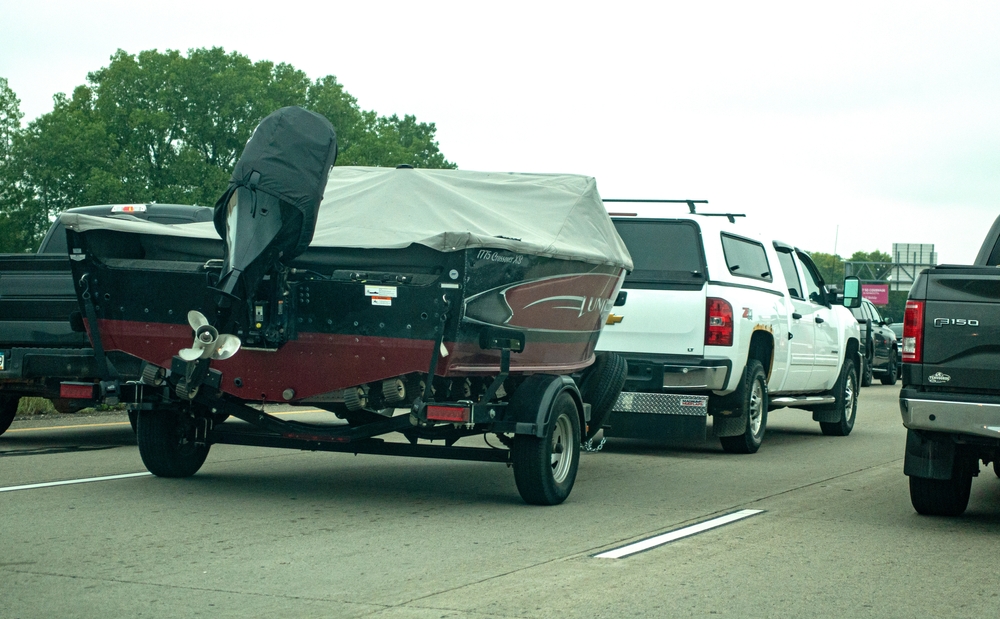
Towing a boat significantly increases your vehicle’s stopping distance. By leaving extra space between you and the vehicle in front, you give yourself more time to react to sudden stops or changes in traffic, reducing the risk of rear-end collisions.
Avoid Sudden Movements
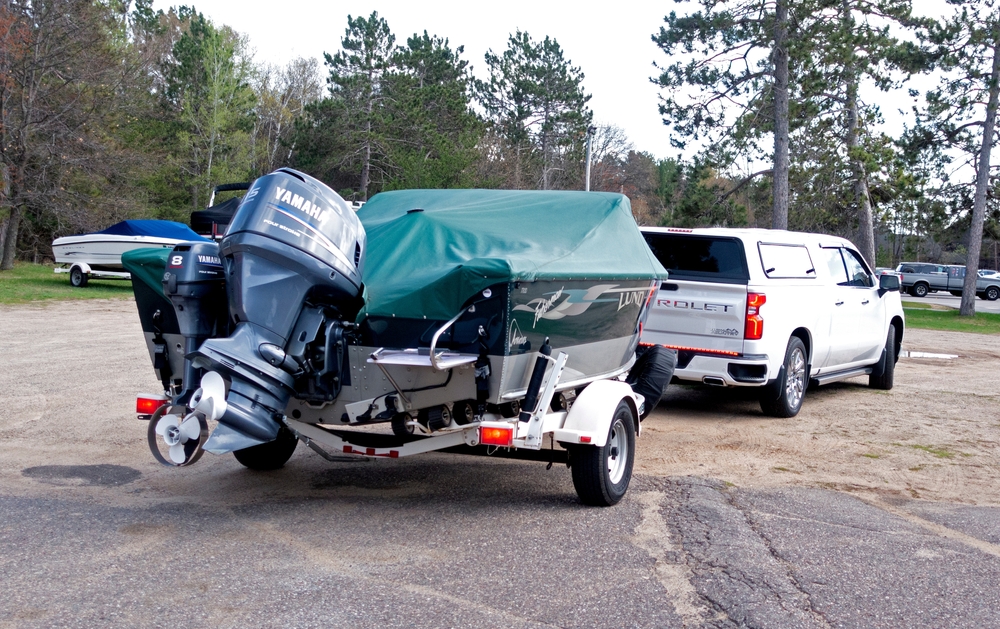
Sudden steering, acceleration, or braking can cause trailer sway or loss of control. Make all movements smooth and gradual to keep the trailer stable and ensure a safe journey.
Plan Your Route
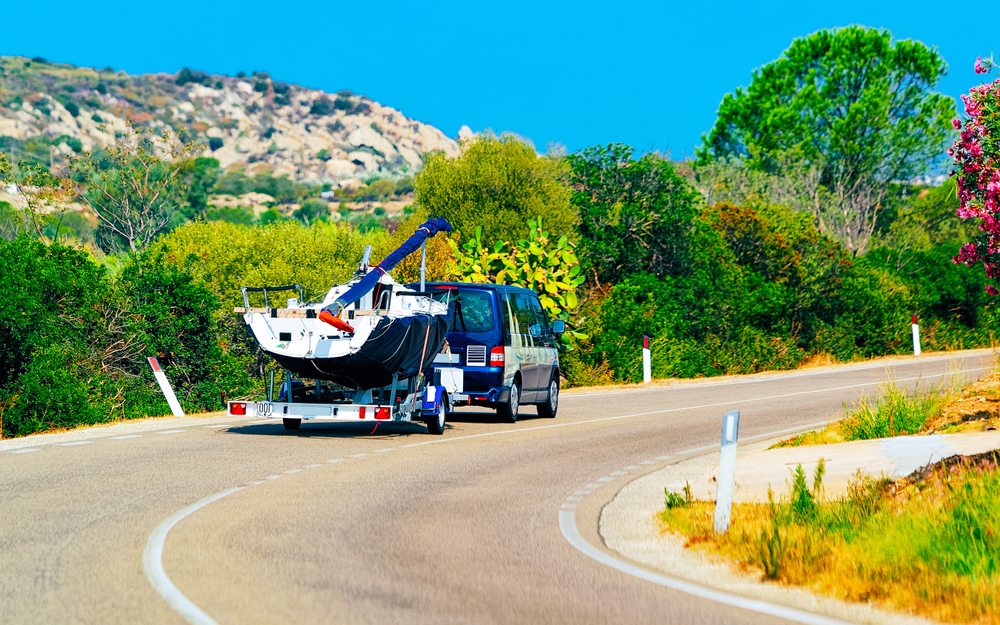
Choosing a route with fewer sharp turns, steep hills, and narrow roads can make towing easier and safer. Planning your route in advance helps you avoid challenging driving conditions that could put unnecessary strain on your vehicle and trailer.
Check the Weather

Bad weather, such as heavy rain or strong winds, can make towing more difficult and dangerous. Check the weather forecast before you set out, and if conditions look unfavorable, consider postponing your trip or taking extra precautions.
This article originally appeared in MyCarMakesNoise.
More from MyCarMakesNoise
11 Rare Snowmobiles with Increasing Collector Appeal
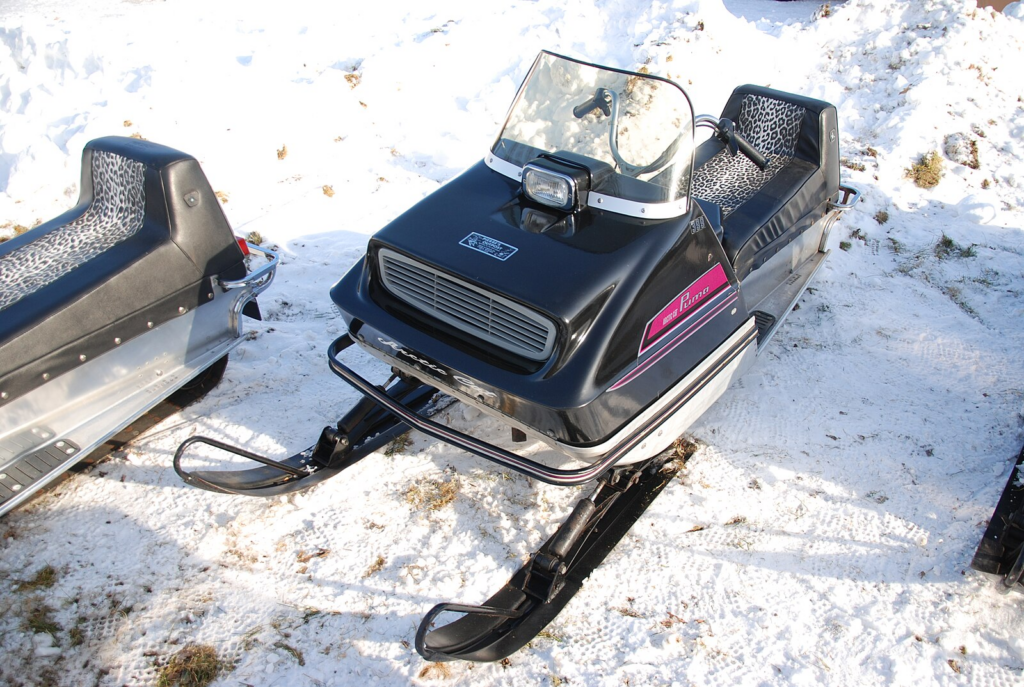
Rare and unique snowmobiles are gaining popularity among collectors due to their distinctive designs and limited availability. These vintage machines, often featuring innovative engineering, attract enthusiasts who value their historical significance. Read More
15 Unexpected Issues When You Don’t Drive Your Car Regularly

We all know that regular maintenance is key to keeping a car in good condition, but did you know that not driving your car can be just as harmful? Many vehicle owners are surprised to discover that neglecting to take their car for a spin can lead to a host of unexpected problems. Read More
20 Rare Vintage Motorcycles That Are Highly Collectible
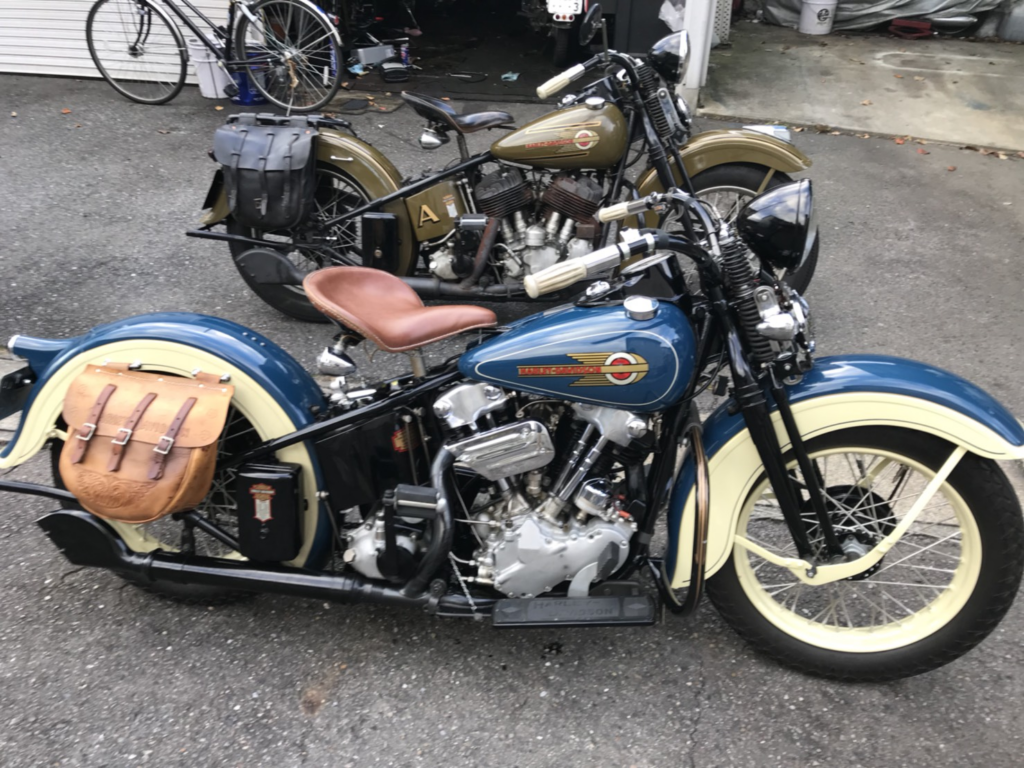
Rare vintage motorcycles hold a special place in the hearts of collectors, offering a combination of historical significance, unique design, and limited production. These bikes often represent the pinnacle of engineering from their era, making them highly sought after by enthusiasts. Read More

